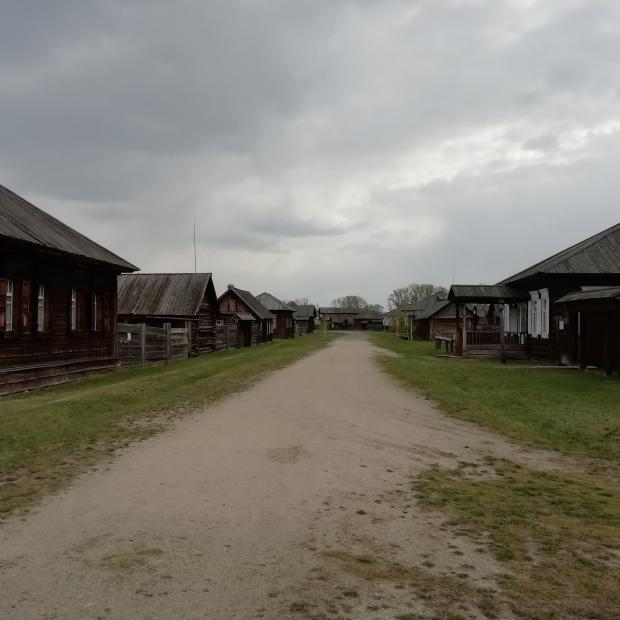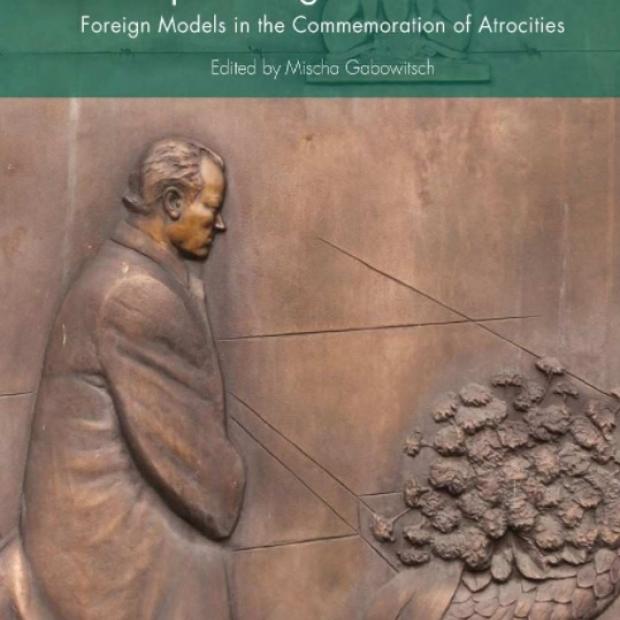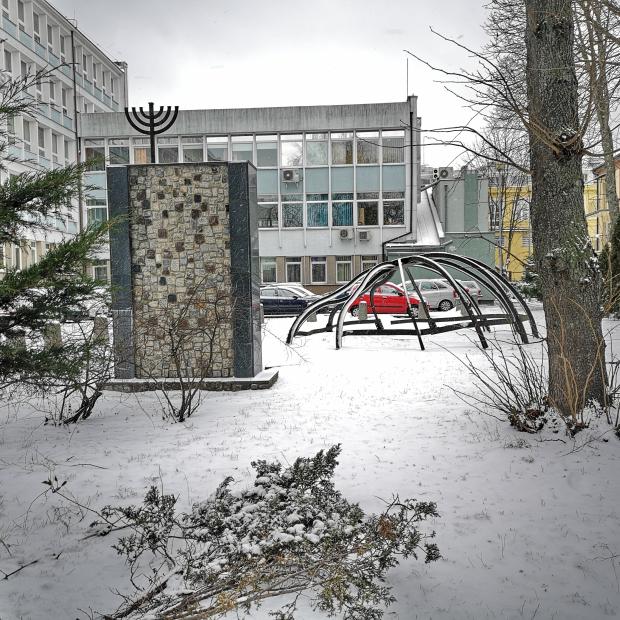Translating Memories Online Speaker Series: Prof. Madina Tlostanova
On April 5, professor of postcolonial feminisms at Linköping University Madina Tlostanova will give a talk at Tallinn University.

Prof. Madina Tlostanova's talk (De)coloniality of Memory: Intersections of Colonial and Totalitarian Trajectories and Creative Memory Work As a Way To “Re-existence” will be taking place on April 5 at 4 pm via Zoom
Join us here.
Summary
Сoloniality of memory is one of the effective and inherently violent instruments of modernity as a repressive onto-epistemic system that effectively controls people through imposing specifically constructed and legitimized collective memory models and historical narratives and excluding or disqualifying all other forms and ways to remember. Ultimately this process may lead to extreme forms of zombification and biopolitical control disciplining and supressing the most personal, affective, and corporeal forms of memory. Societies that went through multiple and entangled experiences of politically, existentially, aesthetically, and epistemically repressive regimes such as apartheid, dictatorship, totalitarianism, genocide, ethnic cleansing and other forms of modern/colonial unfreedom, tend to come up with complex and often conflicting responses to the wiped out or severely edited memory syndrome in their post-dependence phases where they are faced with a necessity to reimagine and remake their worlds anew through processes of “re-existence”. The post-Soviet/postcolonial struggles with (de)coloniality of memory are an interesting example of such positionality. In my talk I will focus on several fictional and artistic instances of (de)coloniality of memory coming from the post-Soviet space.
Madina Tlostanova is a decolonial thinker and fiction writer, professor of postcolonial feminisms at Linköping University (Sweden). Her research interests focus on decolonial thought, particularly in its aesthetic, existential and epistemic manifestations, feminisms of the Global South, postsocialist human condition, fiction and art, critical future inquiries and critical interventions into complexity, crisis, and change. Her most recent books include What Does it Mean to be Post-Soviet? Decolonial Art from the Ruins of the Soviet Empire (Duke University Press, 2018), A new Political Imagination, Making the Case (co-authored with Tony Fry, Routledge, 2020), Decoloniality of Knowledge, Being and Sensing (Centre of Contemporary Culture Tselinny, Kazakhstan, 2020) and the co-edited volume Postcolonial and Postsocialist Dialogues. Intersections, Opacities, Challenges in Feminist Theorizing and Practice (co-edited with Redi Koobak and Suruchi Thapar-Björkert, Routledge, 2021). Currently she is working on an experimental mixed media book “Fictions of Unsettlement”
The speaker series is part of the project Translating Memories: The Eastern European Past on the Global Arena, Tallinn University, Estonia that has received funding from the European Research Council (ERC) under the European Union’s Horizon 2020 research and innovation programme (Grant agreement No 853385).
For the rest of the spring programme see here.





